Health And Medicine
-

Traditional healers contribute to HIV care delays: study
If you’re a native of rural Mozambique who contracts HIV and becomes symptomatic, before seeking clinical testing and treatment, you’ll likely consult a traditional healer. Read MoreOct 2, 2014
-

Team spots key regulator for cholesterol production
A Vanderbilt University-led research team has discovered a “master regulator” for cholesterol production and transport in the liver — a tiny piece of RNA called microRNA-223. Read MoreOct 2, 2014
-
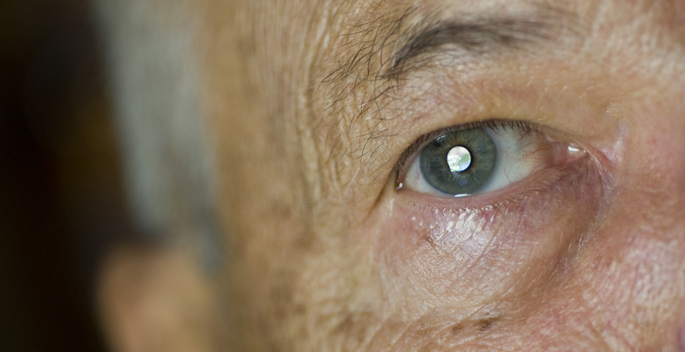
Regenerative visual neuroscience effort launched
Vanderbilt University has launched a regenerative visual neuroscience initiative to develop new ways of treating — and restoring sight to — people who have been blinded by glaucoma, macular degeneration, diabetic retinopathy and eye injuries. Read MoreOct 2, 2014
-

Optical imaging in drug therapy screens
A non-invasive imaging tool could test potential cancer therapies quickly to personalize therapy for patients. Read MoreOct 1, 2014
-

Seizure mutation impairs receptor
Defects in the production of certain receptors are linked to the pathogenesis of genetic epilepsies and fever-induced seizures. Read MoreSep 30, 2014
-

Biomarker for diabetic eye disease
A person’s mitochondrial gene “signature” could predict risk for diabetic retinopathy and guide early intervention strategies. Read MoreSep 26, 2014
-
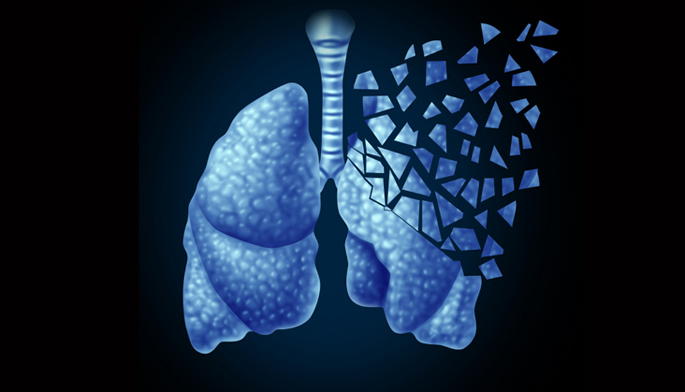
A path to sarcoidosis treatment
Vanderbilt investigators identify a new therapeutic target for the inflammatory lung disease sarcoidosis. Read MoreSep 25, 2014
-
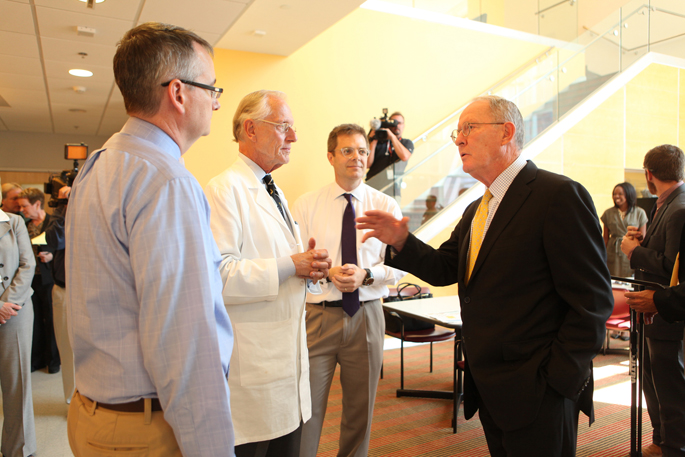
Alexander’s visit highlights efforts to confront Ebola
Don’t panic over Ebola. But don’t ignore it, either. That was the take-home message for U.S. citizens from a “mini-hearing” held by U.S. Sen. Lamar Alexander, R-Tenn., at Vanderbilt University Medical Center on Wednesday with researchers and health officials from Vanderbilt and the State of Tennessee. Read MoreSep 24, 2014
-
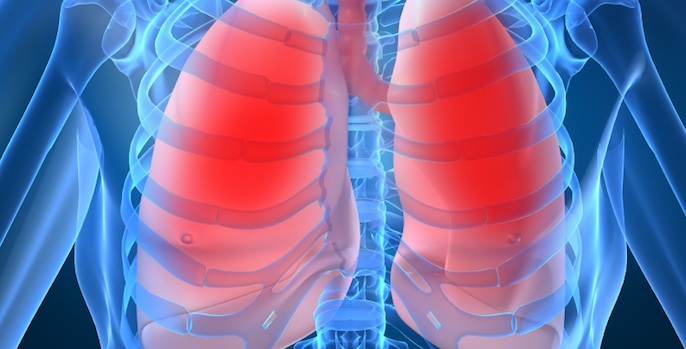
Study finds accuracy of lung cancer imaging varies by region
A new analysis of published studies found that FDG-PET technology is less accurate in diagnosing lung cancer versus benign disease in regions where infections like histoplasmosis or tuberculosis are common. Read MoreSep 24, 2014
-

VU study reveals shared pathways in psychiatric disorders
Schizophrenia and bipolar disorder share common genetic underpinnings. Vanderbilt researchers combined high-resolution gene expression studies with gene association data to reveal signaling pathways linked to schizophrenia and bipolar disorder. Read MoreSep 18, 2014
-
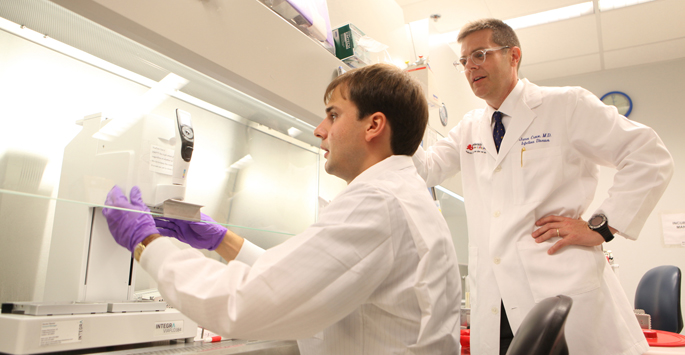
Initiative seeks to develop therapies to combat Ebola
Vanderbilt University researchers have partnered with Mapp Biopharmaceutical Inc. to develop new human antibody therapies for people exposed to the deadly Ebola and Marburg viruses. Read MoreSep 18, 2014
-

Heart Institute testing world’s tiniest pacemaker
Vanderbilt Heart and Vascular Institute is participating in a global clinical trial to test the safety and efficacy of the world’s smallest pacemaker. Read MoreSep 18, 2014
-

Dioxin, fathers and preterm birth
Exposure of male mice to the pollutant dioxin causes preterm birth across multiple generations, suggesting that efforts to prevent preterm birth should include pre-conception interventions for dads. Read MoreSep 18, 2014
-
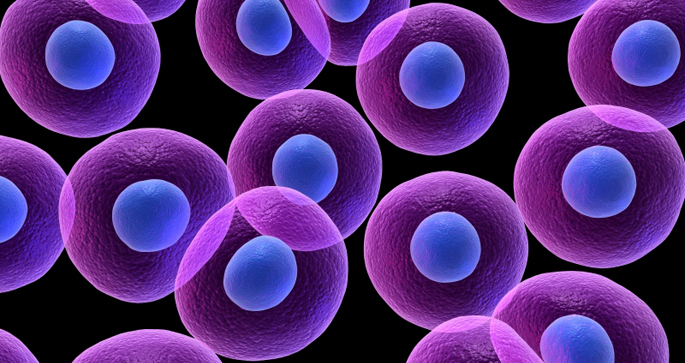
Patient-derived stem cells shed light on pulmonary hypertension
Stem cells derived from patients with pulmonary arterial hypertension provide a unique resource for studying the molecular defects that cause the disease and testing potential therapies. Read MoreSep 16, 2014
-

Schizophrenia ‘switches’ discovered
Drugs developed at Vanderbilt could provide a new way to treat schizophrenia in a personalized way. Read MoreSep 12, 2014
-

Bone healing therapy for NF1 fractures
A combination treatment delivered to the site of fractures may improve bone healing in patients with the genetic disease neurofibromatosis type-1. Read MoreSep 11, 2014
-

Engelhardt lands stem cell transplant research grant
Up to 60 percent of patients who receive a stem cell transplant using cells from another donor will develop post-transplant diabetes mellitus, which can increase the rate of complications and death after the procedure. Read MoreSep 11, 2014
-

Study tracks new way to fight HIV infection in women
Vanderbilt University’s Richard Caprioli, Ph.D., is participating in a national, federally funded collaboration to develop an intravaginal ring capable of delivering antiretroviral drugs to women at risk for HIV infection. Read MoreSep 11, 2014
-

Skin cancer risks higher for soldiers serving abroad
Soldiers deployed to tropical and sunny climates are coming home with increased risk factors for a threat far from the battlefield: skin cancer. Read MoreSep 11, 2014
-

VU study creates new road map for cellular activity
Human cells are constructed in large part from proteins whose activity can be altered by the incorporation of oxygen in what are known as redox modifications. Read MoreSep 4, 2014